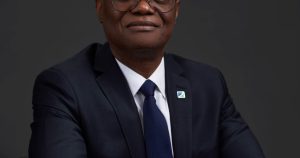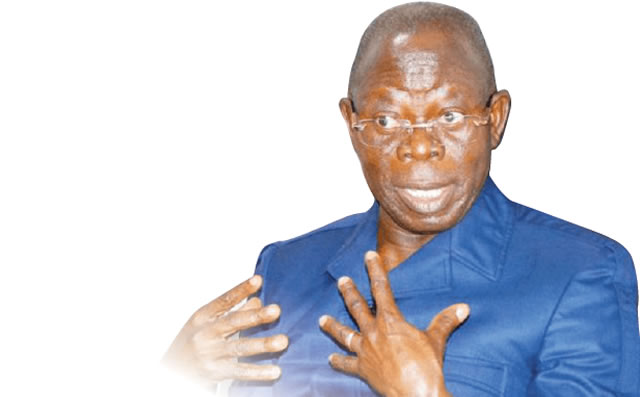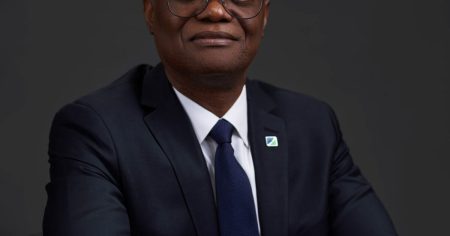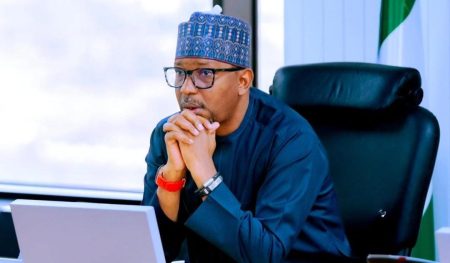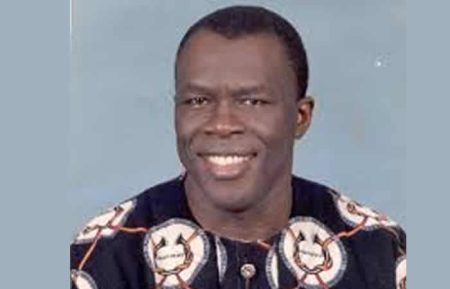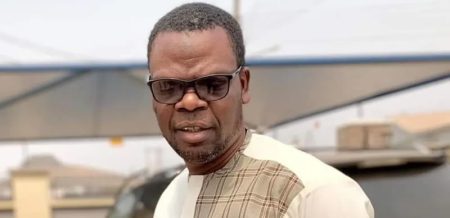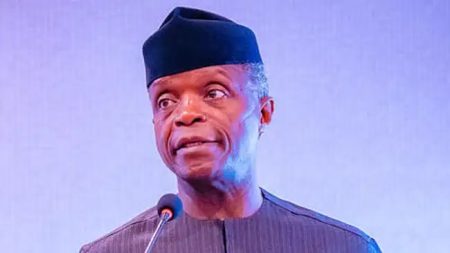Senator Adams Oshiomhole, representing Edo North, has vehemently defended President Bola Tinubu’s recent loan request, asserting that borrowing for capital projects is a standard global practice and not unique to the current administration. He underscored that every past Nigerian president, from Olusegun Obasanjo to Muhammadu Buhari, has sought and obtained loans from international bodies. This borrowing, Oshiomhole argues, is essential for national development, particularly in infrastructure development, and should not be viewed with undue alarm. He emphasized the importance of scrutinizing the purpose of the loan rather than simply opposing it outright. He believes that if the loan’s objectives are transparent and aligned with national interests, approval is a patriotic duty.
Oshiomhole’s defense comes in the wake of President Tinubu’s request to the National Assembly for approval to secure a combination of loans and grants totaling over $21.5 million, ¥15 billion, and €65 million. This request, submitted in late May 2023, outlined the government’s planned external borrowing for the 2025-2026 fiscal period. While the specific allocation of these funds hasn’t been publicly disclosed, Oshiomhole maintains that such borrowing is a necessary tool for advancing national development. He contends that focusing solely on the act of borrowing without considering its intended use is a misguided approach.
The senator drew parallels with the United States, highlighting its substantial national debt, currently projected to reach between $31 trillion and $36 trillion. He used this example to illustrate that borrowing is a widespread practice among nations, even the most economically powerful. Oshiomhole’s central argument rests on the premise that responsible borrowing, channeled towards productive investments, is a justifiable and often necessary measure for governments seeking to stimulate economic growth and improve the lives of their citizens. He stresses the need to distinguish between reckless borrowing and strategic borrowing for development.
Oshiomhole’s defense of President Tinubu’s loan request centers on the principle that borrowing for capital projects, especially infrastructure development, is a globally accepted practice with significant benefits. He contends that every past Nigerian president has engaged in external borrowing, emphasizing that it’s a crucial instrument for driving economic progress. The senator advocates for a nuanced understanding of borrowing, urging critics to look beyond the act itself and focus on the intended purpose. He argues that opposing loans solely on principle without considering their potential positive impact on national development is shortsighted.
Furthermore, Oshiomhole underscored the importance of transparency and accountability in the borrowing process. He suggested that providing clear justification for the loans and ensuring responsible utilization of the funds would alleviate concerns and foster public trust. He maintained that borrowing for productive investments, such as infrastructure projects, is a sound strategy for long-term economic growth and should not be equated with irresponsible fiscal management. He challenged the notion that borrowing is inherently negative, emphasizing that it can be a powerful tool for national development when used judiciously.
In essence, Oshiomhole’s argument boils down to the idea that strategic borrowing, coupled with transparent governance and responsible fiscal management, is a vital instrument for nations striving to improve infrastructure, stimulate economic growth, and enhance the overall well-being of their citizens. He cautions against viewing borrowing as an inherently negative practice, emphasizing its potential as a catalyst for progress when employed strategically and transparently. He advocates for a more nuanced and informed public discourse on the topic of government borrowing, urging a shift in focus from the act of borrowing itself to the intended purpose and potential long-term benefits.



